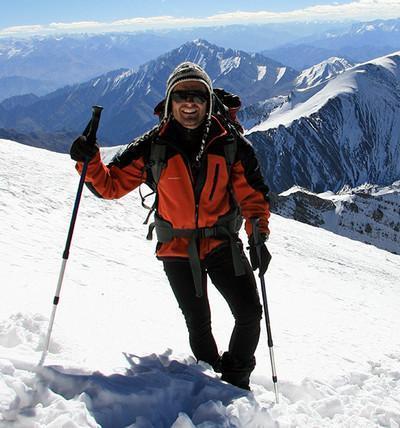When skiing, wearing a bike helmet can reduce the risk of serious accidents, but some people wonder if it makes them more prone to risky situations. In addition, it is important to slow down when skiing to reduce the risk of serious injury. Despite the caution that many skiers exercise on the slopes, it is still possible to hit the head on a low tree branch.
Does Wearing a Helmet Make You More Likely to Take Risks
Skiers and snowboarders have been required to wear helmets for years, but a recent study shows that this protection is insufficient for preventing head injuries. The study looked at data from seriously injured skiers in New Hampshire over eight years. It found that people wearing helmets while skiing were less likely to suffer skull fractures, but double the risk of chest injuries or bleeding on the brain.
Researchers from the Dartmouth-Hitchcock Medical Centre analyzed data from more than 700 skiers in 35 ski resorts over an 8-year period. They found that people who wear helmets are more likely to take risks, even if they're not more likely to be injured. According to Dr. Eleah Porter, who led the study, skiers who wear helmets tend to be more adventurous. However, they still wore their helmets at the same rate as non-helmet-wearers.
Moreover, the lower terrain on a slope is often icy. This is because most slopes are at low altitude and are more likely to melt. In addition, the majority of serious head injuries occur when a skier or snowboarder collides with another person or an object. In addition, most ski helmets don't protect you against serious impacts, such as those caused by a falling object or collision with another skier.
One of the challenges of this study was finding a control group that is representative of skiers at risk. Nevertheless, researchers managed to find 179 articles that fit this description. They then narrowed the results down to 16 articles. They also used dummy variables to control for the differences in user characteristics. As a result, they matched the number of controls with the expected injury count at each ski resort.
Does It Reduce Head Injuries?
Some researchers have claimed that wearing a helmet decreases the risk of head injuries while skiing. However, this is not necessarily true. Recent studies have suggested that wearing a helmet can increase the risk of other injuries, such as neck and cervical spine injuries. This may be due to the way helmets are designed.
Helmets reduce the risk of less severe injuries, such as skull fractures and lacerations. However, helmets do not prevent severe injuries, including brain tissue tearing. According to Schumacher's doctors, he would not have survived without the helmet. Despite these findings, some people still wonder whether ski helmets reduce head injuries.
Researchers have conducted several studies to test the effectiveness of ski helmets in reducing head injuries. A review of these studies found that the effectiveness of ski helmets varied based on the level of risk taking. The study authors analyzed several factors, including skier skill level, ski equipment, location of the accident, and age. If your helmet is damaged, you should read how often you can replace your helmet for biking or skiing.
The National Ski Areas Association reports that skiers are wearing more helmets now than ever before. About 70 percent of vacationers are wearing some form of headgear on the slopes. However, the number of snow-related traumatic brain injuries is steadily increasing. Helmets reduce the risk of head injuries by about 60%, but helmets do not prevent concussions, which are brain injuries caused by a blow to the head. Helmets should be worn by all recreational skiers.
Does it Make You More Likely to Ski Harder?
The idea that wearing a helmet makes you more likely to ski harder isn't a new one. But wearing a helmet while skiing is often considered uncool on the mountain, and can even cause people to feel uncomfortable while using chairlifts. Australian backcountry skier Nat Segal, for example, said that she felt like a "dork" when she was forced to wear a helmet. She recently released a documentary on skiing called Finding The Line, and she was quick to point out that wearing a helmet made her feel "dorky".
While some studies show that wearing a helmet reduces the risk of serious head injuries, others do not. The authors of one Cmaj study found that people wearing a helmet are less likely to sustain a skull injury when they fall. Instead, they tend to fall on their legs or knees. As a result, these skiers are less likely to end up in the emergency room.
Besides protecting your head, a ski helmet also helps keep you aware of your surroundings. While a ski helmet does not prevent all collisions, it can prevent many. You should check your blind spots and know what level of ability you have before hitting the slopes.





